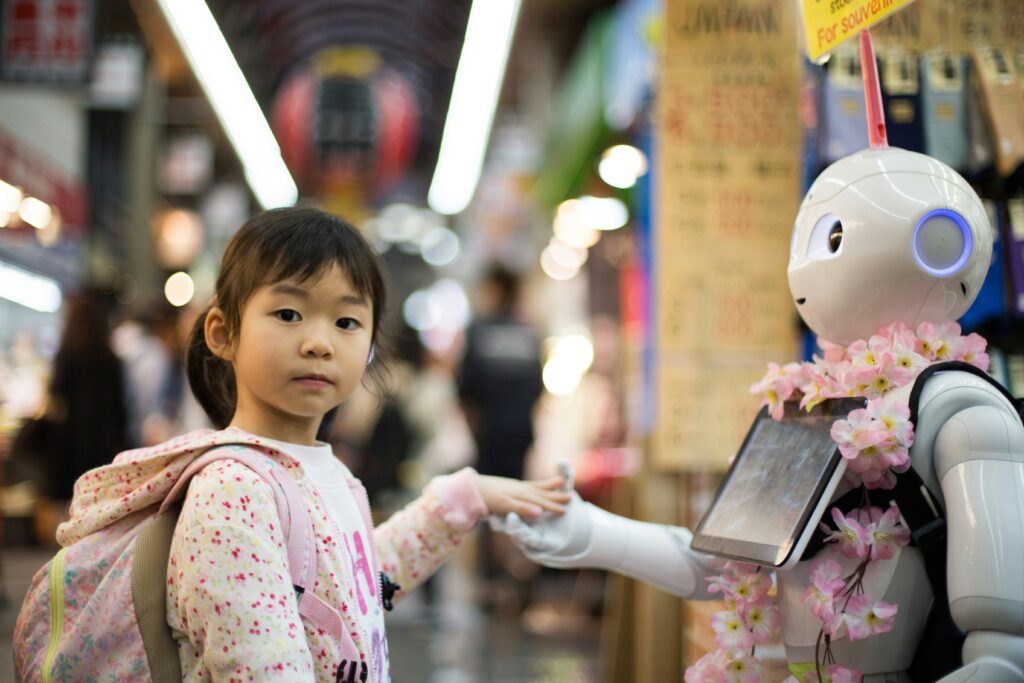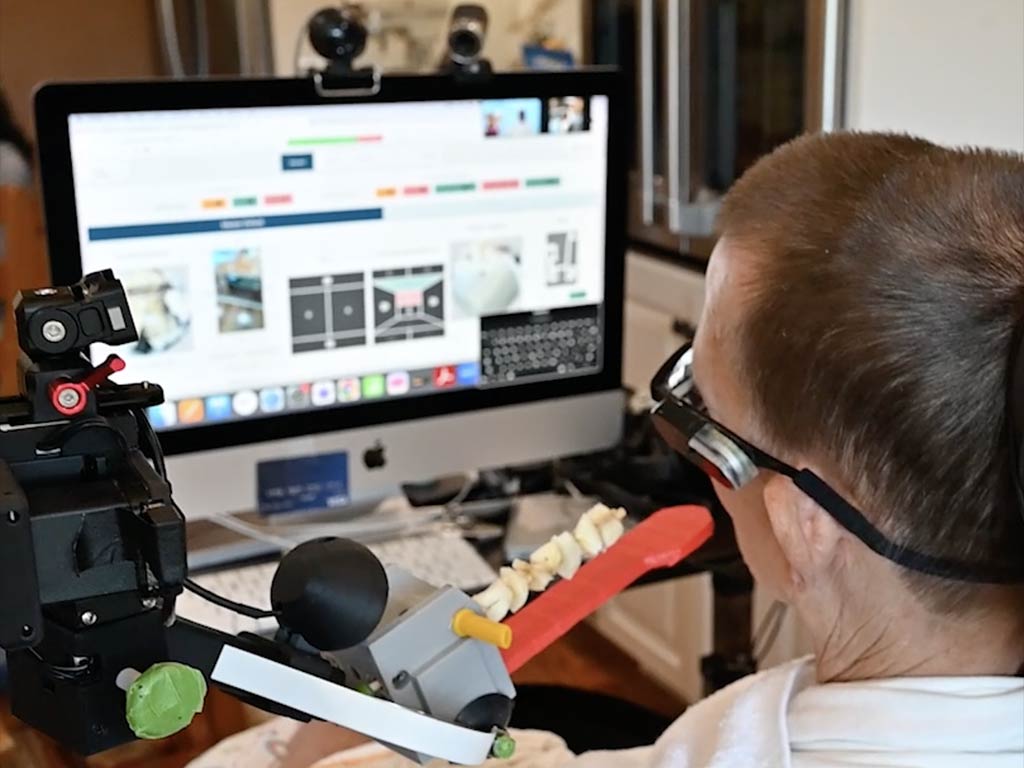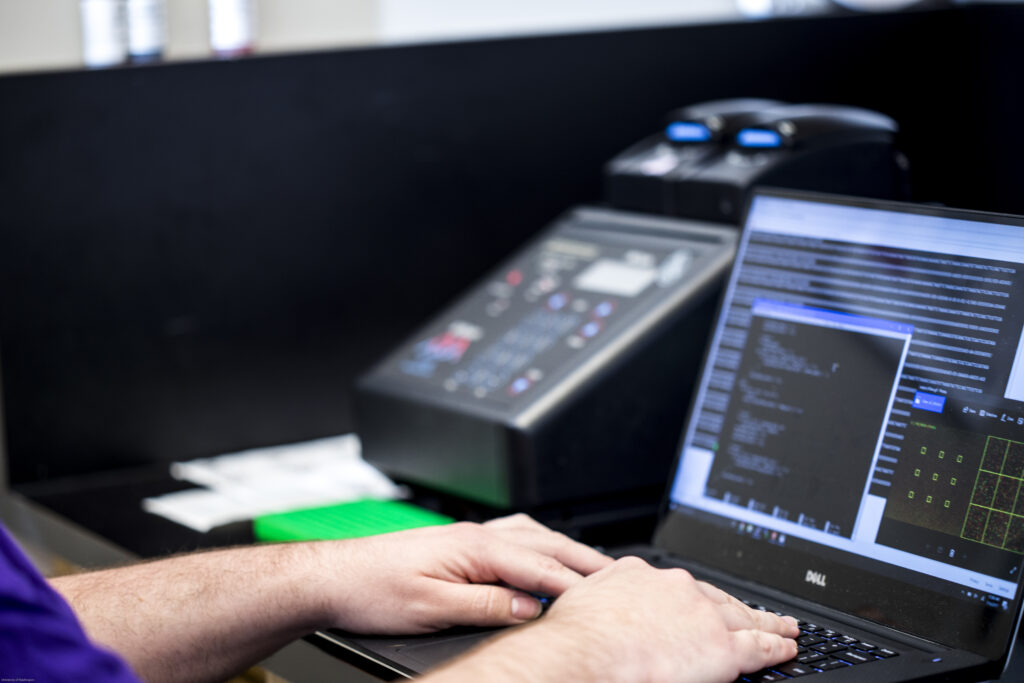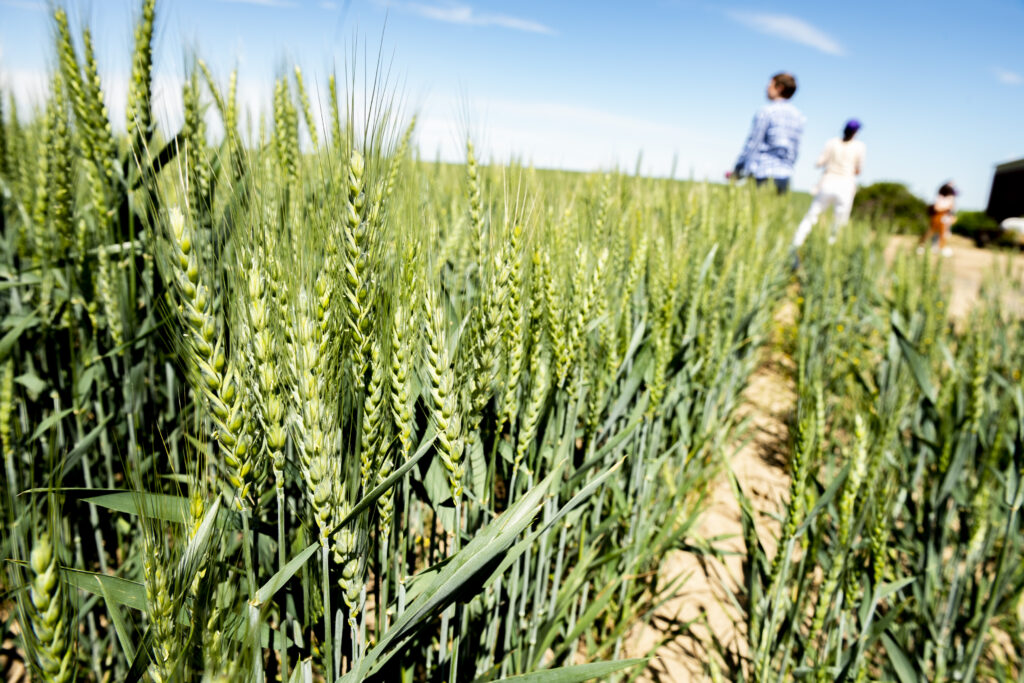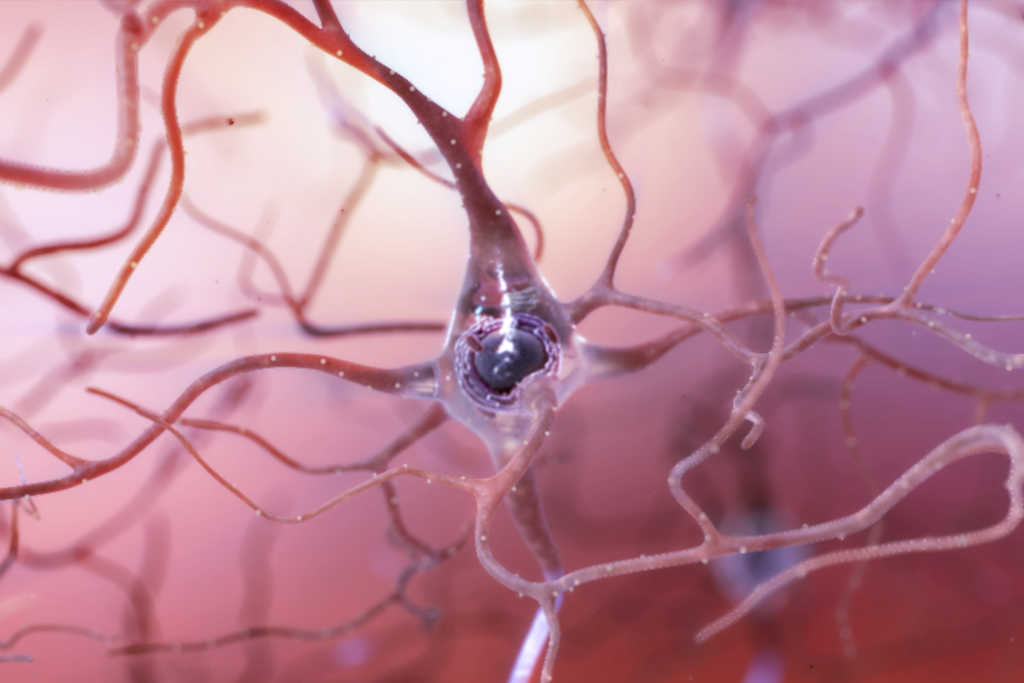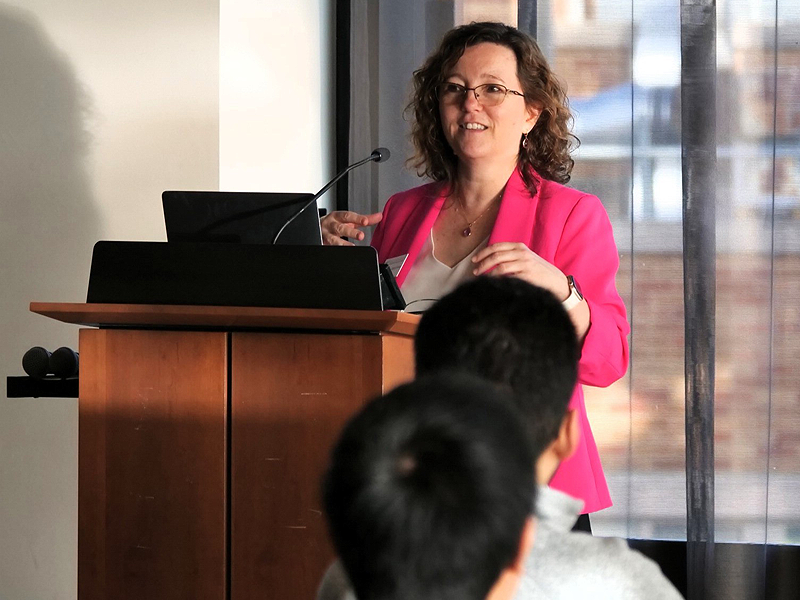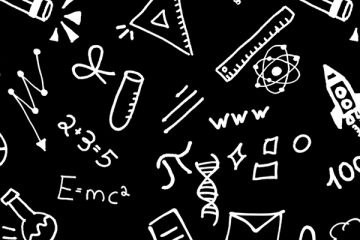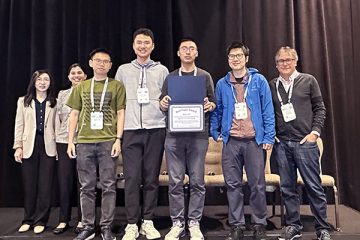Allen School researchers have coalesced around a set of grand challenges that we and our partners are uniquely positioned to address while expanding the frontiers of computing.
Universities such as ours are particularly suited to tackling these grand challenges due to our ability to pursue ambitious, cross-cutting research motivated by the public good. And the Allen School is positioned to lead the way by leveraging our core values of excellence, innovation and collaboration across our school, the UW campus, and beyond to tackle complex research problems with proven impact.
While we pursue significant and varied research beyond the priorities highlighted below, the grand challenges offer an opportunity to leverage our world-leading expertise and multidisciplinary collaborations — mobilizing a variety of perspectives to advance innovation in service to society.
Learn more about the grand challenges below and explore the people, partners and projects that are moving us toward scalable solutions that will benefit individuals and communities here in Washington and around the globe.
The Grand Challenges are supported in part by the Paul G. Allen School of Computer Science & Engineering Endowed Fund for Excellence.

